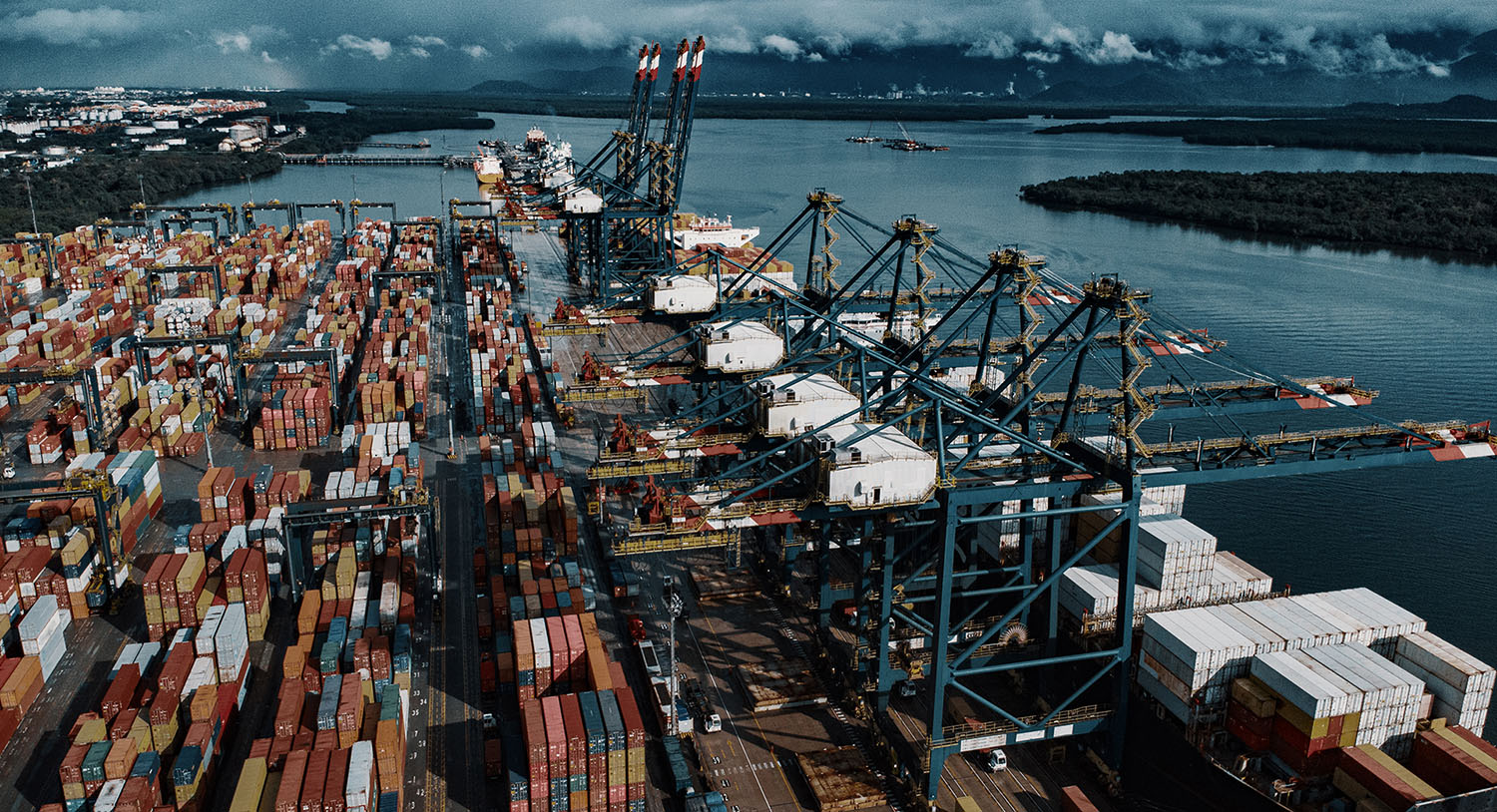Situation
The maritime and port industry is being revolutionised by data initiatives. Take port congestion – analysing data from cargo volumes, types and destinations, ports are more easily able to identify bottlenecks and problem areas. This gives them the insight to be able to make informed decisions about how they solve these issues, in terms of resource allocation or making investments in their infrastructure.
Our client, a large international port handling high volumes of shipping traffic, had the aspiration to become a data-led organisation. However, after an internal review of the port’s data, the requirement to overhaul the way data is managed and stored became apparent.
The port faced the challenge of managing data across multiple systems, each offering a different view of information. This fragmented data landscape made it difficult for them to access and utilise data effectively and maintain data accuracy. They also had difficulties in accessing and synchronising essential reference data across various operational systems. The goal was to provide a unified, consolidated view of data, including details related to vessels, ports and other organisational elements.
The port was also focused on reducing the high energy costs faced by the industry and move to a more sustainable way of working – they had different classes of energy meters spread across multiple systems and providers which has made it difficult to establish a single source of truth for energy consumption.
The client believed the answer to data fragmentation issues and a move to sustainability lay in their ability to better manage data.
Solution & Partners
The port approached Valcon due to its deep expertise in data management. Dealing with master data management (MDM) software provider Profisee and the Port Management Integration System (PMIS), Valcon developed an MDM approach that involved the implementation of a modern, reliable and easy to use, lightweight system to enable MDM and data quality reporting across the enterprise level data entities.
MDM is a technology-enabled enterprise solution in which the business functions and IT work together, ensuring uniformity, accuracy, stewardship, semantic consistency, and accountability of the organisation’s key master data assets. In the case of the port, the MDM strategy helps align master data quality across multiple internal and external data systems and suppliers, in-line with industry standards.
Valcon also worked on delivering data integration pipelines between Profisee and PMIS, for data to flow in both directions. The real time data ingestion pipeline takes care of all outbound data processing for all incoming updates. Successful implementation of the MDM solution involved key ABP data sources, such as on prem custom built PAVS (privacy preserving data aggregation scheme) and custom SAP implementations. Valcon also worked on the integration of the port’s data source systems and the Profisee system where there is a requirement for the PMIS to consume and utilise the data downstream.
In terms of the bid to improve energy consumption, Valcon leveraged Profisee’s MDM matching capabilities to consolidate and establish the energy meter landscape and provide energy project level reporting to track and monitor implementation status. This gave the port the insight they needed to troubleshoot areas where energy consumption was problematic.
Results
Being able to better manage data through MDM has brought business benefits for the port:
- Drives in efficiency: being able to better aggregate data across the organisation – enabling the identification of bottlenecks and congestion – has meant the port can troubleshoot these problems and is able to operate more efficiently and effectively.
- Energy data insight: the data insight from Profisee’s MDM system enabled the port to decide how many meters should be made smart to enable it to achieve its 80% billable consumption target across 21 ports within the UK.
- Risk management: a strong data governance model was agreed by data owners across the organisation to support MDM. This significantly mitigated business risk for the port.
- Enabling collaboration: as master data is viewable and reportable across the business and centralised data will provide the same source and content for all regions, teams across the business can work together more efficiently and effectively.
- Improved management information (MI): enhanced business reporting is possible because key data assets are available centrally – this means that strategic decision making is better informed.
- Accuracy and troubleshooting: centralised data assets enables the timely identification and resolution of data quality issues at the source system level.














